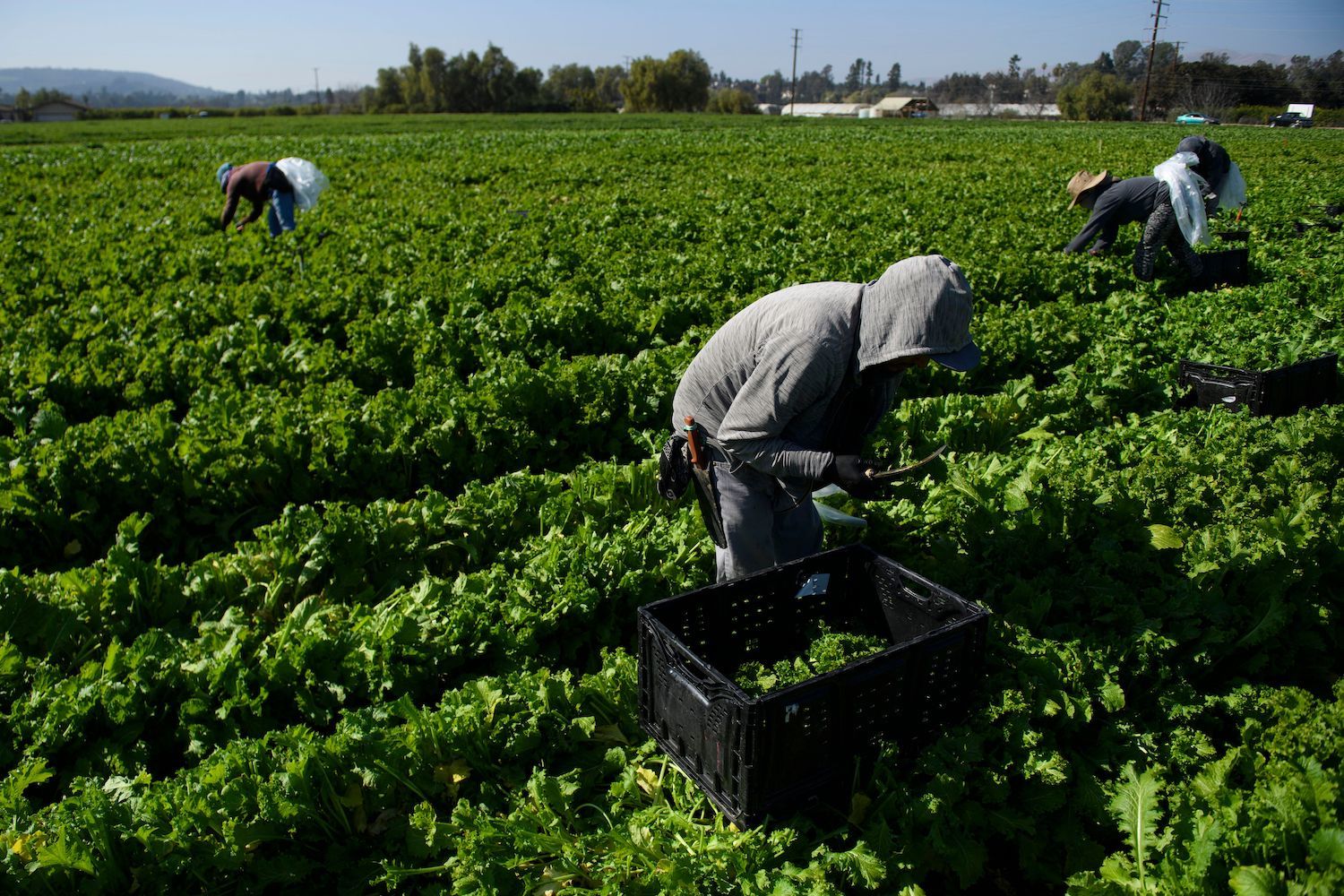I’m very grateful to Olivier de Schutter, UN special rapporteur on extreme poverty and human rights. For his discussion of the paper by me and Zack Gehan on future growth forecasts and poverty in 2050 (Economic growth is not a magic wand for ending poverty, 20 March). There is much to agree with in his analysis, but I’d disagree with his statement that our efforts today “should focus on reducing inequalities, not on growing the economy”. Lower inequality is an important goal. But GDP growth will also be necessary to ensure that everyone worldwide has a decent standard of living.
More to life than economic growth
I’d strongly agree with him that there is much more to life than economic growth. And that the World Bank’s international poverty line of $2.15 (£1.80) a day is an utterly inadequate consumption level for a high quality of life. But, whether the poverty line is set at $2.15 or $10 or higher, economic growth is going to be necessary to ensure no one lives below it . And the higher the poverty line, the more growth will be required. There isn’t a single low-income country that reports $2.15 poverty below 13%, for example. Outside Ukraine, the lowest poverty rate at $6.85 a day in low-. And lower-middle-income countries as a group is 16%. Historically, the only places we’ve seen the most extreme poverty reduced to fractions of a percentage point is in richer countries.
We are off-track on the growth target specified in the UN’s sustainable development goals (SDGs). And inadequate economic growth is the major reason we will not meet the SDG extreme poverty target. Zack Gehan and I forecast that we might meet the poverty target 20 years after the SDG deadline. In 2050 – although even that is based on considerably outperforming historical growth rates. So, two cheers for GDP growth in the world’s poorest countries. It is far from a panacea, but it is also absolutely necessary part of the struggle to sustainably improve global quality of life.
Charles Kenny
Charles Kenny of the Center for Global Development responds to an article by the UN special rapporteur on extreme poverty and human rights
Disclaimer
CGD blog posts reflect the views of the authors, drawing on prior research and experience in their areas of expertise. CGD is a nonpartisan, independent organization and does not take institutional positions.




